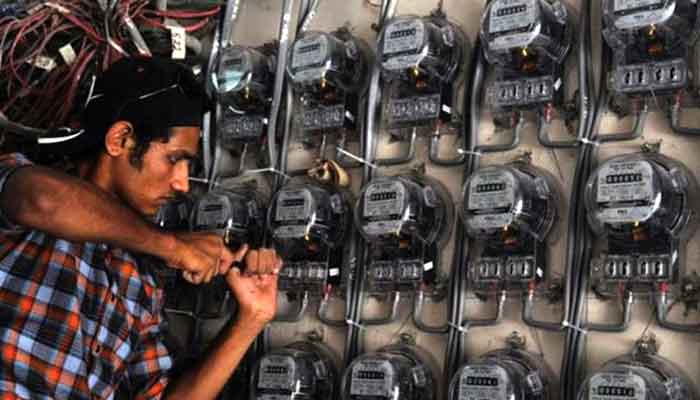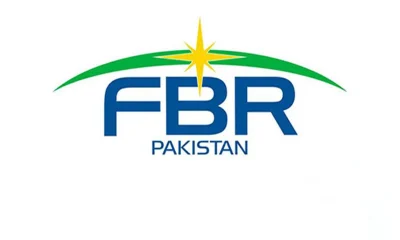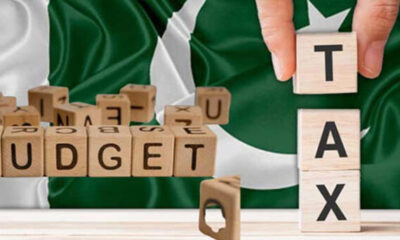- Minister says govt aware of capacity payments issue.
- Smart meters can help curb electricity theft, says Ali.
- Adds Pakistan in talks with Russia for crude oil import.
ISLAMABAD: The government has abandoned the proposal earlier agreed with the International Monetary Fund (IMF) to extend the payment of electricity bills in August for consumers using up to 200 units over three months, it emerged on Wednesday.
Caretaker Energy Minister Muhammad Ali, in a wide-ranging interview with The News, said that the impact was nominal and most of the bills had been collected, and more importantly, from next month in October, the electricity bills will start tumbling.
The minister’s attention was drawn towards more power projects in the system, such as the 660 MW solar project at Muzaffargarh with an 80% dollar indexation, 330 MW imported coal-based plant at Gwadar, and the C-5 nuclear power plant with a 1,200 MW installed capacity at a time when the countrymen were facing the monster of Rs2.2 trillion capacity payment trap.
To this, Mohammad Ali responded, saying the government is quite aware of the capacity payment issue; however, it will initiate the solar project of 660 MW only when the competitive price is received at a reasonable level.
As far as Gwadar Port is concerned, the minister said it is a strategic project, and the port when it becomes functional, will need a sustainable supply of electricity.
However, there will be an option to later use the local Thar coal to some extent when it is made available on a sustainable basis.
The minister, however, was very quick to say that the authorities in the Power Division are making their case on tackling the capacity payments issue to be taken up with Chinese lenders by increasing the tenure of payment of loans with interests from the existing 10 years to 20-25 years, and this will help bring down the capacity payments volume in the tariff.
“We have also started working to depoliticize the boards of directors (BoDs) of DISCOs and will replace them with capable persons of high integrity, and this process will be completed next month.”
Energy Minister Muhammad Ali mentioned that the time has come for the federal government to seriously think about coming out of the business of electricity, oil, and gas, limit itself to policymaking and a strong regulatory regime, and protect consumers.
He said the technology of Advanced Metering Infrastructure (AMI) and smart meters can play a pivotal role in coping with electricity theft, and to this effect, PC-1 for the AMI (Advanced Metering Infrastructure) project is lying in the Planning Commission, but because of fiscal constraints, this project is not moving at the required pace.
However, in IESCO, the project of installing smart meters is being implemented, and about 900,000 to 1,000,000 electricity consumers have smart meters installed.
This project would be extended to other DISCOs when the required funds were available.
Gas tariff
It is understood that authorities are working to increase the gas prices and, to this effect, the government has decided to link the natural gas price of high-end consumers using 4hm3 in a month or more with LPG and they will have to pay the price of one MMBTU at par with the price of the LPG cylinder, which stands at Rs4,500.
This time the authorities have started making up their mind to also bring the first four categories of protected consumers using gas in a month, up to 0.25 hm3, 0.5 hm3, 0,6 hm3, and 0.9 hm3, which are 57% of the total gas consumers, into the loop of the new pricing mechanism.
The protected consumers are six million in number, and they will have to face an increase from Rs300 to less than Rs500 per MMBTU increase.
However, as many as eight million unprotected consumers consuming gas up to 0.25 hm3, 0.6 hm3, 1 hm3, 1.5 hm3, 2 hm3, 3 hm3, 4 hm3, and above 4 hm3 will be facing the increase in gas price as per their slab categories.
The government can’t afford to purchase RLNG for $13 (Rs3,700) per MMBTU and sell it at Rs1,100 per MMBtu.
Russian oil
Muhammad Ali also touched on the issue of importing more crude oil from Russia, saying that Pakistan and Russia are engaged in talks.
“We are in the process of persuading PARCO and NRL to join PRL in refining Russian oil for maximum yields, and if PARCO agrees, then Pakistan will increase its imports of Russian crude.”
The minister said that the authorities are also vigorously working on the special-purpose vehicle (SPV) to ensure the sustainable import of Russian crude.
When asked if Russia is working on a special deal to be offered to Pakistan on crude imports, the minister said: “Yes, we have got some indications from Moscow to this effect.”
LNG supplies
While mentioning the gas availability vulnerabilities in the coming winter season, the minister said the country needs more long-term agreements, saying these should have been inked for sustainable RLNG supplies.
He disclosed that the country will have to import an additional 2 RLNG cargoes each in December 2023 and January 2024, apart from 9 (8 from Qatar and 1 from ENI) contracted cargoes in December and 10 cargoes (9 from Qatar and 1 from ENI) in January. The local gas price has dwindled to 3.2 bcfd.
He said that the authorities are working to allow the private sector to import LNG and use the underutilised capacity of LNG terminal 2 to increase the availability of the gas.
“We have started working on a new pricing mechanism, alluring the existing companies and those who have left the country to come and increase the exploration and production activities.
“We are also devising a strategy on how to optimise gas production from the depleting wells, and the authorities are in the process of making a framework acceptable to the E&P companies.”
He pointed out that, due to the period from 2013 to 2023, oil and gas production has decreased by $3.2 billion, which is a bitter fact.

 Latest News3 days ago
Latest News3 days ago
 Business3 days ago
Business3 days ago
 Business2 days ago
Business2 days ago
 Business2 days ago
Business2 days ago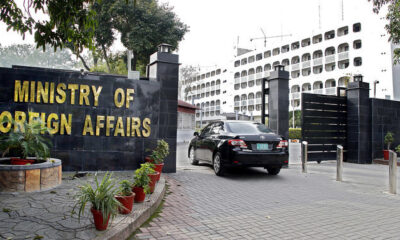
 Latest News3 days ago
Latest News3 days ago
 Business3 days ago
Business3 days ago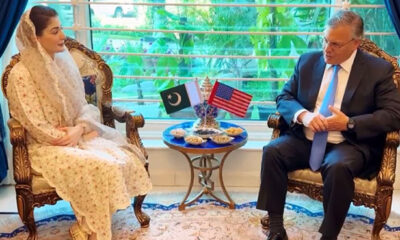
 Latest News3 days ago
Latest News3 days ago
 Business2 days ago
Business2 days ago
